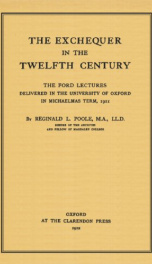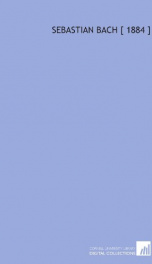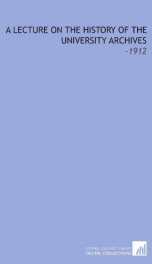wycliffe and movements for reform

Purchase of this book includes free trial access to www.million-books.com where you can read more than a million books for free. This is an OCR edition with typos. Excerpt from book: CHAPTER II. THE FRANCISCAN CONTROVERSYMARSIGLIO OF PADUA AND WILLIAM OF OCKHAM. While the contest of Pope Boniface the Eighth with Philip of France opened the political struggle which undermined the ascendency of the Papacy, tlje contemporaneous internal dispute among the Franciscans marks the date at which churchmen began to realise the injury which Christendom was suffering from what they deemed the mistaken policy of the Popes. Each of these controversies has a literature of its own, a literature in which there are many signs of a wider interest than the mere technical, often trivial, points actually in dispute. But we must here confine ourselves to the Franciscan controversy; for it was this which contained the seeds, and more than the seeds, of the debate as to the nature and functions of the Church, which gave substance to future movements in favour of reform. We have already noticed that within not many years of the foundation of the order, and in direct violation of its principle, the Franciscans had allowed themselves to receive endowments of enormous extent ; they had their convents and their estates, andseemed to be turning into something not unlike a new order of monks, while completely surpassing them in popularity. The question then arose, on Divisions ' ' n among the what tenure they could hold this property without contravening the terms of their profession. Urban the Fourth solved the difficulty by the ingenious explanation that the friars could only enjoy the usufruct of their possessions; the actual proprietorship of them belonged to the Pope. Nicolas the Third, however, in 1279, in the bull Emit gui seminat, expressly enforced the doctrine of absolute poverty as an essential element in the Franciscan rule. This bull was inserted by Bonifa...
Info about the book
Author:
Series:
Unknown
ISBN:
1449535615
Rating:
4/5 (7)Your rating:
0/5
Languge:
English
Users who have this book
Users who want this book
What readers are saying
What do you think? Write your own comment on this book!
write a commentGenre
if you like wycliffe and movements for reform try:
Do you want to exchange books? It’s EASY!
Get registered and find other users who want to give their favourite books to good hands!





